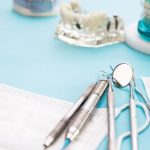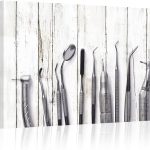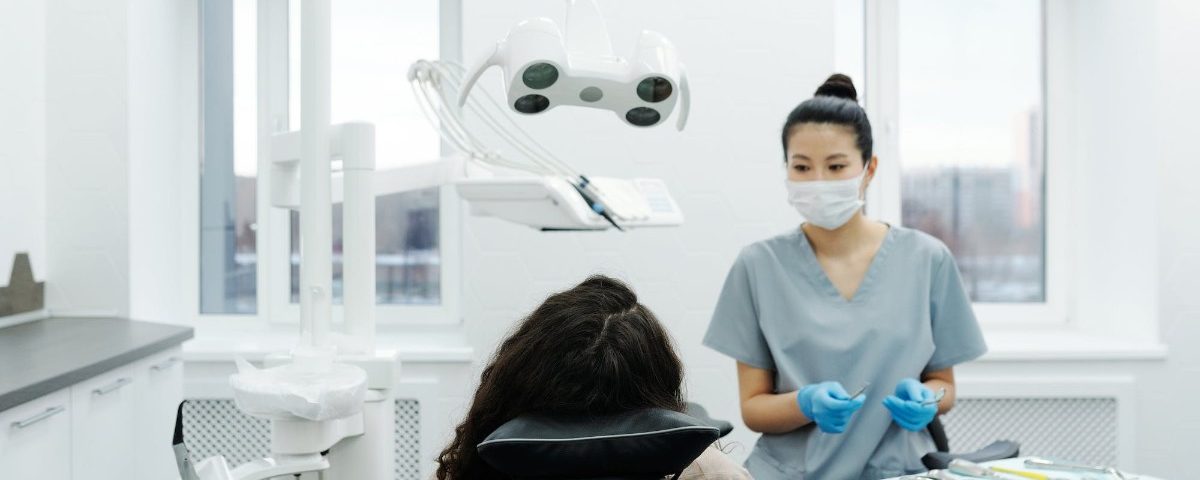
Smart Dental Tools: Enhancing Precision, Elevating Care
December 24, 2023
The Art and Science of Dental Tools
December 24, 2023Introduction
Dentistry is a field that requires precision, skill, and the right tools. From routine check-ups to complex procedures, dentists rely on a variety of dental tools to provide quality oral care. In this article, we will explore the key dental tools that every dentist should have in their arsenal. We will discuss their importance, functionality, and how they contribute to mastering dental procedures.
The Importance of Dental Tools
Dental tools are essential for diagnosing, treating, and preventing oral health issues. These tools enable dentists to perform a wide range of procedures effectively and efficiently. They help in removing plaque, tartar, and stains, examining oral tissues, and restoring teeth to their optimal function and appearance. Without the right tools, dentists would be unable to provide the level of care necessary for their patients.
Essential Dental Tools
Dental Mirror
A dental mirror is a handheld tool with a small mirror attached to it. It is used to provide a clear view of the patient’s oral cavity, including hard-to-reach areas. The mirror reflects light into the mouth, allowing dentists to examine teeth, gums, and other oral structures. It is an indispensable tool for conducting oral examinations, identifying dental issues, and guiding various dental procedures.
Dental Probe
A dental probe, also known as an explorer, is a thin, long instrument with a sharp or blunt tip. It is used to examine the teeth and gums for signs of decay, cavities, gum disease, and other oral problems. The probe helps dentists detect areas of sensitivity, measure pocket depths, and assess the overall oral health of the patient. It is a fundamental tool for diagnosing dental issues and planning appropriate treatment.
Dental Drill
A dental drill, also called a handpiece, is a high-speed rotary instrument used for various dental procedures. It is primarily used for removing decayed tooth structure and preparing teeth for fillings, crowns, or other restorations. The drill operates at high speeds and is equipped with different types of dental burs, which are attachments that remove different materials from the teeth. The dental drill is a versatile tool that allows dentists to perform precise and efficient tooth preparations.
Dental Scalers and Curettes
Dental scalers and curettes are instruments used for removing plaque, tartar, and stains from the teeth. Scalers have sharp, hooked tips that are used to scrape off larger deposits of calculus, while curettes have curved tips used for cleaning below the gum line. These tools are essential for maintaining oral hygiene and preventing gum disease. Regular scaling and root planing procedures using these instruments help keep the teeth and gums healthy.
Dental Forceps
Dental forceps are specialized pliers used for extracting teeth. They come in various shapes and sizes, each designed for specific types of extractions. Dental forceps provide a firm grip on the tooth, allowing the dentist to apply controlled force for safe and efficient tooth removal. They are an essential tool for addressing severe tooth decay, impacted wisdom teeth, or teeth that need to be removed for orthodontic purposes.
Dental Syringe
A dental syringe is used for administering local anesthesia during dental procedures. It consists of a barrel, plunger, and a disposable needle. The syringe allows dentists to deliver the appropriate amount of anesthesia to numb the patient’s mouth, ensuring a comfortable and pain-free experience. It is a crucial tool for minimizing patient discomfort and facilitating various dental treatments.
Dental X-ray Machine
A dental X-ray machine is used to capture images of the teeth, jawbone, and surrounding structures. It helps dentists diagnose dental issues that are not visible during a visual examination. X-rays are vital for detecting cavities, evaluating the bone structure, assessing the position of impacted teeth, and planning orthodontic treatments. Dental X-ray machines come in different types, including intraoral and extraoral X-ray machines, each serving specific diagnostic purposes.
Maintenance and Sterilization of Dental Tools
Proper maintenance and sterilization of dental tools are crucial for ensuring patient safety and preventing the spread of infections. Dentists should follow strict guidelines and protocols for cleaning, disinfecting, and sterilizing their tools. This includes regular inspections, lubrication of moving parts, and using autoclaves or chemical disinfectants to sterilize instruments. Disposable tools should be discarded after each use, while non-disposable tools should be thoroughly cleaned and sterilized before reuse.
Conclusion
Mastering dental procedures requires not only skill and expertise but also the right set of dental tools. From basic examinations to complex treatments, dentists rely on these tools to provide optimal oral care to their patients. By understanding the functionality and importance of each tool, dentists can ensure efficient and effective dental procedures, leading to improved patient outcomes and satisfaction.

